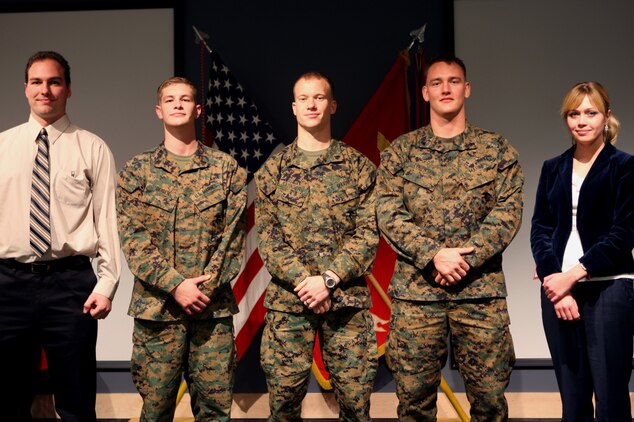

The goal - established by the NSA and the Defense Department - is for students to speak at a proficiency "level two," which means being able to understand facts and current events, have conversations, ask questions and speak in past, present and future tenses.īut Col. Denise Travers, associate dean of the European I department. "They always seem to think they can cut the training," says Lt. But funding has often been in short supply. In 1981, federal lawmakers said a shortage of military officers fluent in third-world languages posed a threat to the nation's intelligence capabilities and urged the Department of Defense to spend more money on language training. By the 1970s, it was mostly teaching Russian. In 1946, it was renamed the Army Language School and moved from San Francisco to the Presidio of Monterey, at the foot of John Steinbeck-country hills of garlic and artichoke fields.ĭuring the Vietnam War, the school taught an eight-week Vietnamese "survival" course to more than 20,000 military personnel. The school began teaching Japanese to Army soldiers in 1941 in preparation for World War II. Hundreds of people could die if one of our linguists doesn't get the facts right." "Remember, our guys are going into the intelligence community. "Our guys have to get the facts right," Gale says. Though the mood is similar to that of a typical, though slightly rundown, college campus, students are constantly reminded that there are life-and-death consequences behind their lessons.īecause here, language training isn't about ordering moussaka properly in Thessaloniki. Roderic Gale, the school's enthusiastic associate provost and dean of students. "NSA is the biggest sponsor for our students," says Lt. Her classmates will end up all over the world, on submarines, ships or at foreign posts where they'll spy for the agency. Hall, now an airman first class, said she'll end up at Fort Meade or at an NSA post in England or Arizona.
#AIR FORCE LINGUIST SCHOOL MONTEREY HOW TO#
After graduating in June, she'll go to a West Texas Air Force base for "classified training," to learn how to use the eavesdropping equipment that will become her tools at NSA. She's midway through 47 weeks of six-hour-a-day, five-day-a-week training. The number of Korean language teachers has trebled to 130. In addition to a huge shift toward Middle Eastern languages, military and economic concerns in China, Korea and Japan have prompted a shift toward Asian languages, too. Last year, the school graduated more than 500 Arabic-proficient students, compared with 10 from all other U.S. The number of Arabic teachers doubled to 190. “Trained linguists are critical for the 55th Operations Group because it ensures our Airmen maintain core skills for executing global RC-135 missions,” Schermer said.By 1993, the number of Russian teachers had dropped to 110, down from a high of 300. The overall total depends on the linguist population at each facility. Hundreds of students attend the LLC each year.

"Rapid implementation of virtual classrooms ensured language training continued without missing a beat.” Richard Schermer, 55th Operations Group deputy commander. “The LLC has done a fantastic job finding innovative ways to continue training despite COVID-19," said Lt Col. Both moves are part of DLIFLC’s goal to slow the spread of COVID-19 based on guidelines from the Department of Defense and Center for Disease Control and Prevention. In addition to online classes for their students, the LLC's faculty and staff have also transitioned to teleworking. These LTDs are their presence in the field, and we are lucky to have one here because of our mission.” “The DLI has what they call Language Training Detachments. “I feel that the ability to remain flexible and innovative in this uncertain environment is impressive,” said Chris Bigham, LLC director. Its students here are primarily from the 97th Intelligence Squadron, 338th Combat Training Squadron and the 55th Intelligence Support Squadron. The LLC is not unique to Offutt, it is one of only a handful of such schools across the Air Force.
#AIR FORCE LINGUIST SCHOOL MONTEREY SOFTWARE#
While similar to other applications and programs, this software provides a secure platform for the school. To make the virtual move, LLC instructors are using an online education platform that has audio, video and chat capabilities. The center's mission is to maintain language skills for linguists, who are on flying status while also assisting them in their annual testing requirements. The Language Learning Center here, which is a detachment of the Defense Language Institute Foreign Language Center in Monterey, California, began providing online classes in response to COVID-19 March 27, 2020.


 0 kommentar(er)
0 kommentar(er)
